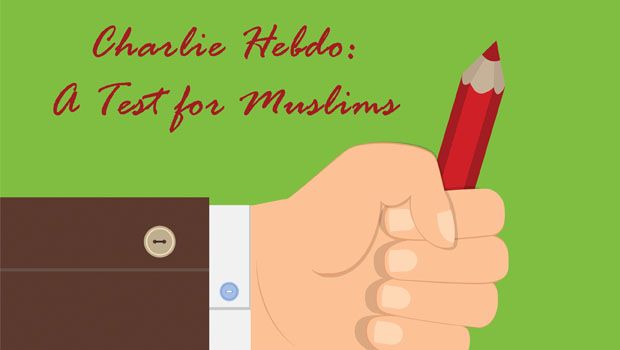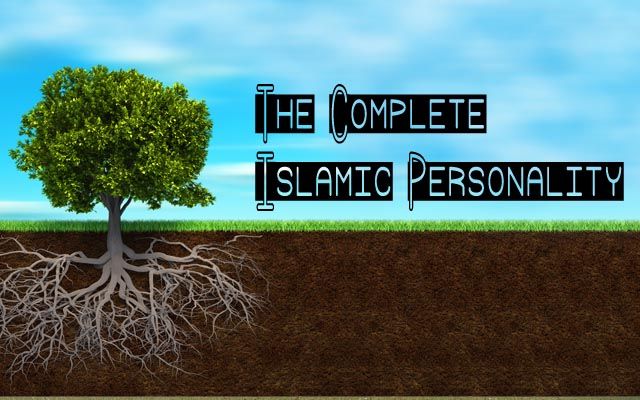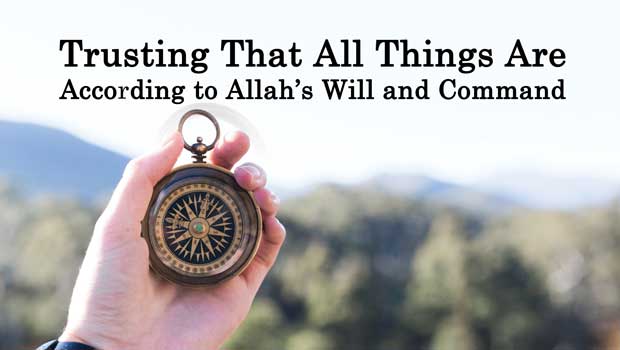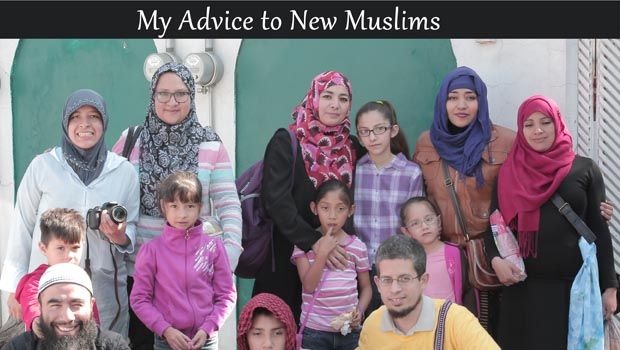The world is in a state of shock as liberty, equality, and fraternity, the values that the French Republic was built on, were attacked during three days of terror in Paris. I have just returned from a rally in which over a million people expressed solidarity against the horrific terrorist acts that took place. As an American expat living in France, and having experienced 9/11 while living in NJ, I ask myself, “What is the world coming to?” French Muslims, in particular, are feeling a huge sense of sadness, on multiple fronts:
Firstly, the unjust loss of lives at the hands of terrorists is something we condemn to the highest level possible, and we are equal in feeling the sorrow that the whole nation feels.
Ironically, the police officer shot and killed by the terrorists, Ahmed Merabet, was Muslim. He was on foot patrol near the Charlie Hebdo office when he was called to the scene and encountered the gunmen when they were fleeing. They shot him in cold blood.
Secondly, we feel sad because our noble religion has been hijacked by terrorists who claim to have avenged the Prophet (pbuh). In reality these terrorists are blind to the true teachings of Islam, as neither the Prophet (pbuh) himself nor his companions took such measures when the Prophet was attacked or mocked. Violence was never a response to provocation. Furthermore, the media continues to associate terrorist acts with the noble Islamic value of jihad. Jihad is struggling for the cause of God and, only when necessary, involves fighting to defend against aggression. Terrorism is the converse: an unjust aggression against innocents, both Muslim and non-Muslim, crassly and illegitimately seeking power or revenge by carrying out violence and destruction which violates both the ethical and spiritual principles of jihad. We pray that Allah SWT accept the jihad of Ahmed Merabet and accept him as a martyr who died not only in the cause of serving his country but also in serving his Lord.
Thirdly, Muslims are saddened by the backlash that has already manifested itself across France, where dozens of mosques around the country have been the target of attacks. Muslims fear a worsening political climate in which they will be further victimized.
Lastly, Muslims are upset by the different standards that are applied to freedom of expression. Of course there are limits on freedom of expression, and France recognizes these. But an excessive, disproportionate standard is applied in some cases like the 2005 guilty verdict for “racist defamation” against Le Monde and two journalists who had criticized Israel in that newspaper, stating, as an example, in their critique of the Jewish state, “The Jews, once subject to an unmerciful rule, now impose their unmerciful rule on the Palestinians.” Also, in 2008 a cartoonist at Charlie Hebdo was fired after refusing to apologize for making what was considered an anti-Semitic remark in a column. The remark suggested a stereotypical connection between being Jewish and being successful. One can make an argument that the statement was offensive and unwarranted (ironic since that is what Charlie Hebdo does), but it was far from being necessarily anti-Semitic. But when it comes to Islam, there appears to be increased support for unrestrained racism and defamation. And all of this discourse on freedom of expression at a time when Muslims in France are being denied their right to practice religion freely, under the so-called laicite laws (secularity; separation of church and state). American Muslims are able to enjoy religious freedom in a way French Muslims are not.
Recognizing the Test
So what is the proper response to these emotions of sadness, anger, and frustration? Are we looking for someone to blame? Do we feel helpless and without hope? As I walked through the march in the streets of Paris today, I reflected on the happenings over the last few days and found spiritual comfort in knowing that no matter how difficult the situation is, we should take comfort in the reality that all things happen within the control of our Creator, and they are a test for us in some way or other. “It is He who created death and life, in order to test you as to who is best in deed” (Quran 67:2). The challenge is to recognize that even crimes committed, including those that involve loss of life, are a test from Allah. Do we simply see it as another event that passes in front of us and will be subsequently forgotten, or do we seize the opportunity to enhance our relationship with Allah by recognizing and accepting the test? Do we continue to blame others for our misfortunes or do we take personal responsibility to do something about the situation? To be “the best in deed” requires one to be steadfast in the worship of God. Steadfastness has been described by Umar (RA), “That you stay firmly on the straight path and that you follow each and every command of Allah and stay away from everything that Allah has forbidden. And don’t become like the fox who is constantly changing direction. Become like the horse, which is constantly running for its master. Become like the horse and rely on Allah SWT.” Steadfastness in the deen has many challenges including the deceptions of this world, the deception by shaitan who exists for exactly this purpose, and our own nafs which, if not purified and elevated through striving and effort, can be a hidden enemy that joins forces with shaitan. We need to rise up from our seat of complacency and stand up steadfastly for the cause of Allah in all possible ways.
Exercise Your Right to Freedom of Expression
The terrorists are personally responsible for what they did. But we, as a society, are collectively responsible for the conditions that produced them. The French Republic sees the events as a direct attack on freedom of expression. In fact, as Muslims we need to exercise our right to freely express our views through peaceful dialogue. We can do much to lessen the tensions that create an Islamophobic atmosphere. By making sure that accurate information about Islam is available and disseminated, we are focusing, not on what others did or did not do that worsens the situation, but on what we can do to help improve things.
Increase Commitment to Dawah Activities
If others do not have a correct image about Islam, rather than simply blaming the media and critics of our religion, we need to focus on correcting this image ourselves. Many non-Muslims argue that Muslims need to do more to explain and portray a correct image of Islam. “Who is better in speech than one who calls to Allah, works righteousness, and says ‘I am of those who bow in Islam’”? (Quran 41:33). Calling to Allah undoubtedly encompasses the idea of correcting misrepresentations and providing correct information about Islam.
Increase Your Supplication
Part of the test as to who is best in deed, as referenced in the verse above, is to turn to Allah SWT in supplication for guidance, help, and comfort when faced with challenges or difficulties. We need to pray that Allah SWT grant us steadfastness in the faith in order to be proactively engaged in the important work that remains ahead of us. We pray that Allah guides the families of those people who have lost their lives and that they may find spiritual comfort in Islam. We pray that Allah guides the whole of humanity, and especially those who have negative sentiments about Islam so that they may become the best of the ummah. We pray for sincerity in our actions and supplications so that we are able to seize the opportunities from difficult events like the Paris attack. Ameen.





